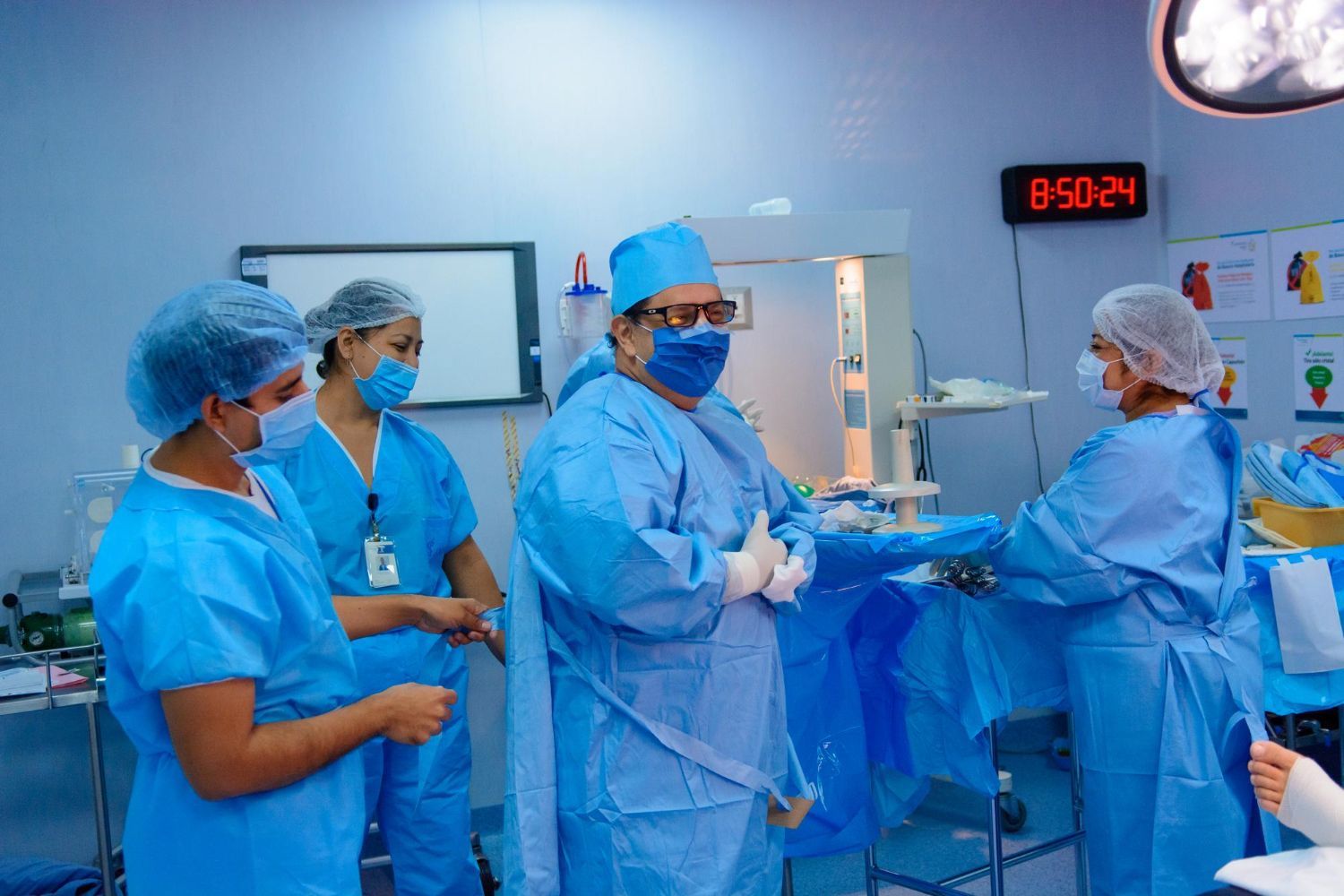Theatre Nurse Burnout: Strategies Agencies and Facilities Can Adopt in 2025
Theatre nurses, also known as perioperative nurses, play an essential role in surgical teams. They assist before, during, and after procedures, ensuring that patients are safe, sterile environments are maintained, and everything runs efficiently. However, the high-intensity nature of the job, especially in fast-paced hospital systems, means burnout is a growing issue. In 2025, addressing theatre nurse burnout is not just a staff retention issue—it’s a matter of patient safety and care quality.
At Dispatch Nursing Agency, we understand that burnout isn’t just about being tired. It’s a chronic state of emotional, mental, and often physical exhaustion caused by prolonged stress and demanding work environments. As the demand for theatre nurses continues to rise across Australia, it’s crucial that both healthcare facilities and staffing agencies work together to tackle the underlying causes of burnout and support sustainable, healthy careers in perioperative nursing.
Understanding the Root Causes of Theatre Nurse Burnout
Theatre nursing is a high-stakes profession. Unlike other nursing roles, theatre nurses are often on their feet for hours, dealing with life-and-death scenarios and adapting to the unpredictable pace of surgical rosters. Some key burnout drivers include:
- Extended and irregular shifts: Many theatre nurses work long hours or are required to be on-call for emergencies, disrupting sleep patterns and personal life.
- Understaffing and skill gaps: When facilities are short-staffed, remaining nurses must take on extra duties, increasing physical and emotional strain.
- High-pressure environment: Operating theatres are intense spaces that demand constant attention, quick decisions, and impeccable teamwork—leaving little room for emotional decompression.
- Lack of support systems: Nurses without access to mental health resources or debriefing opportunities are at higher risk of burnout.
Recognising these challenges is the first step toward a healthier, more resilient perioperative workforce.
How Nursing Agencies Like Dispatch Are Helping
Dispatch Nursing Agency is uniquely positioned to support both facilities and theatre nurses in combating burnout. Our approach combines workforce planning, professional development, and well-being initiatives. Here’s how:
1. Flexible Rotating Rosters
Rather than overloading theatre nurses with back-to-back shifts in high-stress settings, we work with healthcare facilities to rotate staff strategically. This allows nurses time to recover, gain variety in work environments, and reduce emotional fatigue associated with prolonged placement in the same high-demand roles.
2. Access to Counselling and Peer Support
Dispatch encourages open conversations about mental health. We provide agency nurses with access to counselling services and peer networks. Simply knowing that help is available can reduce feelings of isolation and burnout.
3. Encouraging Work-Life Balance
We actively monitor nurse schedules and advocate for reasonable workloads. Nurses are supported to take time off between assignments to recharge. We also offer part-time opportunities to those who need them, ensuring flexibility in line with personal commitments.
What Healthcare Facilities Can Do
While agencies play a vital role, real change also needs to occur within the healthcare institutions themselves. Facilities can help by:
1. Recognising Early Warning Signs
Educating management teams to identify signs of burnout—such as irritability, fatigue, decreased performance, and absenteeism—can lead to early intervention.
2. Fostering a Supportive Culture
Hospitals that prioritise team-building, open communication, and supportive leadership create environments where nurses feel safe to speak up and seek help.
3. Promoting Rest and Recovery
Implementing structured breaks during shifts and providing rest areas can make a significant difference. It’s also important to honour leave entitlements and avoid excessive overtime.
4. Investing in Training and Development
Professional growth opportunities not only improve skillsets but also enhance job satisfaction. Facilities that offer upskilling options are more likely to retain motivated, engaged theatre nurses.
The Way Forward: A Collaborative Responsibility
Burnout isn’t an individual problem—it’s a system-wide challenge that requires cooperation between agencies, healthcare organisations, and the nurses themselves. In 2025, the most successful facilities will be those that prioritise the mental health and sustainability of their workforce.
At Dispatch Nursing Agency, we remain committed to not just filling theatre nurse shifts, but also protecting the health and wellbeing of those who deliver essential surgical care. By acknowledging burnout and implementing targeted strategies, we can ensure Australia’s theatre nurses continue to thrive in a profession that depends on their precision, compassion, and resilience.











